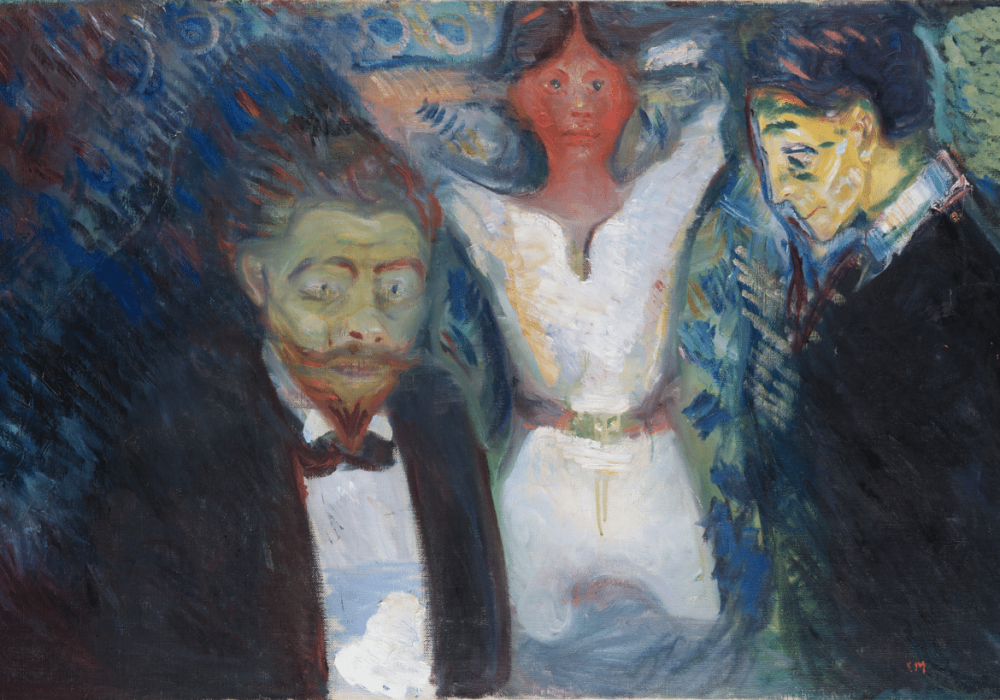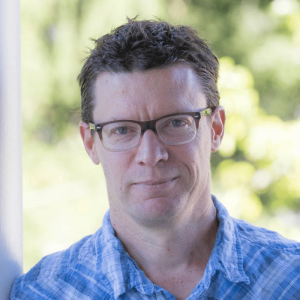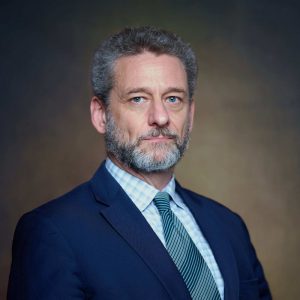Open to current graduate students and faculty. Advanced undergraduates and others interested in participating should contact dstrobach@lumenchristi.org. This event is in-person only. All registrants will receive copies of the selected readings, which should be read in advance of the class. An optional wine and cheese reception will follow.
This event is made possible through the support of ‘In Lumine: Supporting the Catholic Intellectual Tradition on Campuses Nationwide’ (Grant #62372) from the John Templeton Foundation.
In his book Ressentiment, the German philosopher Max Scheler deepens Nietzsche’s account of ressentiment, the life-denying disposition of spite, envy and revenge. Nietzsche finds this spiritual sickness to be the inner secret of so-called Christian love, which is really an expression of weakness. Scheler turns this account upside down, and finds Christianity a life-affirming doctrine that elevates its adepts into generosity and strength. Scheler also sharply distinguishes Christian love from egalitarian humanitarianism. Sometimes called “the Nietzschean Catholic,” Scheler is thus a helpful guide for thinking through the quarrels that are emerging today between the neo-pagan, online Right, which takes its bearings from Nietzsche, and the nascent revival of orthodox Christianity. Scheler equips us to see some overlap in the intuitions of these camps, and to retrieve a more aristocratic and virile strand in the Christian tradition. It is a strand that can speak to our present discontents, and to the pervasive sense of civilizational collapse.
Readings:
We will read Max Scheler’s Ressentiment, which may be found here
The master class will focus on:
- Ch. 1
- Ch. 3
- Ch. 4
If you prefer, you can pick up a printout of the readings at Gavin House (1220 E. 58th Street) Mon-Fri, 10am-4pm. Please email David Strobach at dstrobach@lumenchristi.org to let us know you are coming.
Discussion Questions Forthcoming
Schedule:
11:30-12:00 | Optional pre-event lunch
12:00-1:20 | Session 1
1:20-1:40 | Coffee break
1:40-3:00 | Session 2
3:00-3:30 | Reception



